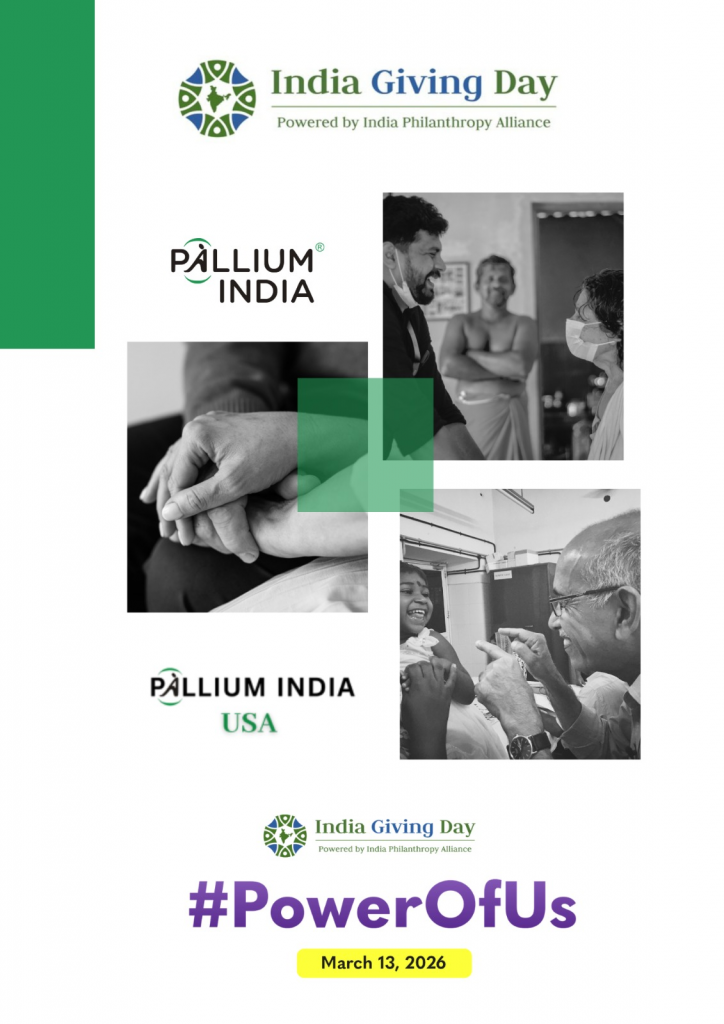WHO Includes Palliative Care as Indicator of Control of Non-Communicable Diseases
 The World Health Organization is evolving global strategy for control of non-communicable diseases. Several international organizations have been working together to include access to palliative care as an important component of the program.
The World Health Organization is evolving global strategy for control of non-communicable diseases. Several international organizations have been working together to include access to palliative care as an important component of the program.
I am glad to report that Pallium India has had its share in persuading the Government of India to support the move, particularly with advocacy by the Pallium India trustee Dr Shalini Vallabhan.
Within the WHO’s recently published consultation document, “A Comprehensive Global Monitoring Framework Including Indicators and a Set of Voluntary Global Targets for The Prevention and Control of Noncommunicabale Diseases,” the following statement appears on page 10 (PDF):
- Table 2: Core indicators for NCD surveillance
- National Health Systems Response
- Access to palliative care assessed by morphine-equivalent consumption of strong opioid analgesics (excluding methadone) per death from cancer
We all know that this statement is not perfect.
- For one thing, morphine consumption is an imperfect indicator of access to palliative care; but we also realize that there is no totally satisfactory indicator.
- We are particularly unhappy that the access to palliative care has been needlessly linked to cancer. We worry that with this sentence, the WHO may be unintentionally conveying to member countries that palliative care is meant only for cancer.
However, we also realize that it has been a huge achievement to have gone thus far and any change in that wording at this stage will be almost impossible.
WHO asks all member countries to respond to this with their comments by April 19:
Member States and UN agencies are invited to submit their comments on the second WHO Discussion Paper by sending an email to [email protected] by 19 April 2012. Relevant NGOs and selected private sector are invited to submit their views to the same email address.






